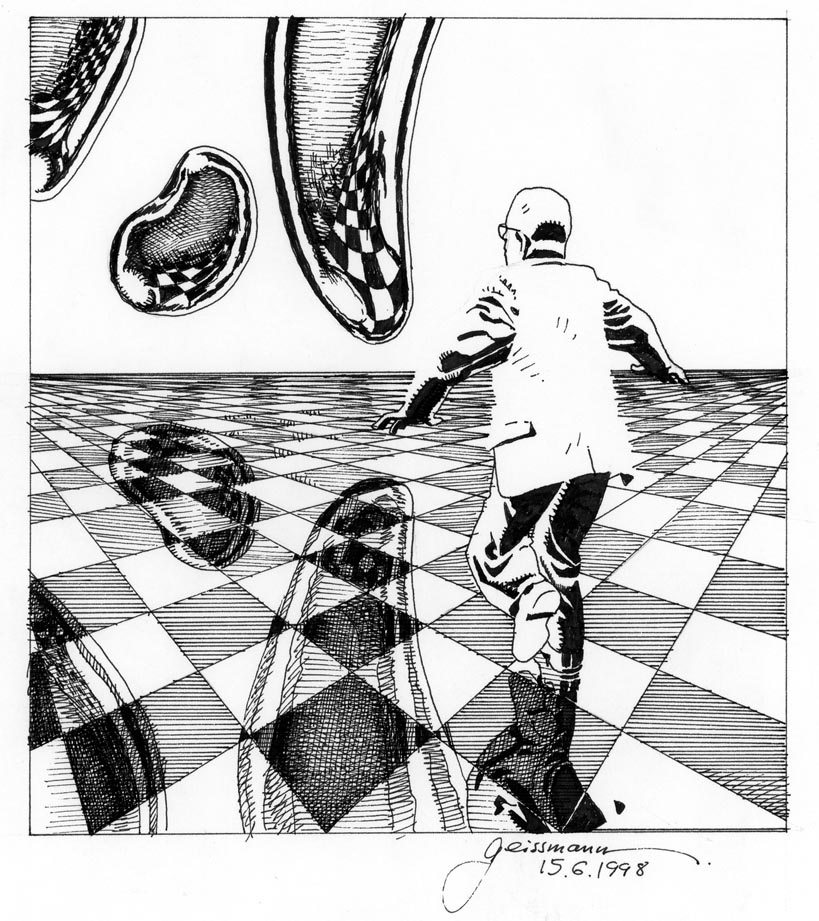Diction
the use of words in a literary work. Diction may be described as formal (the level of usage common in serious books and formal discourse), informal (the level of usage found in the relaxed but polite conversation of cultivated people), colloquial (the everyday usage of a group, possibly including terms and constructions accepted in that group but not universally acceptable), or slang (a group of newly coined words which are not acceptable for formal usage as yet).
Sonnet 115
William Shakespeare
Those lines that I before have writ do lie,
Even those that said I could not love you dearer;
Yet then my judgment knew no reason why
My most full flame should afterwards burn clearer,
But reckoning Time, whose millioned accidents
Creep in ‘twixt vows, and change decrees of kings,
Tan sacred beauty, blunt the sharp’st intents,
Divert strong minds to the course of alt’ring things—
Alas, why, fearing of Time’s tyranny,
Might I not then say, “Now I love you best,”
When I was certain o’er incertainty,
Crowning the present, doubting of the rest?
Love is a babe; then might I not say so,
To give full growth to that which still doth grow.
William Shakespeare wrote his one-hundred and fifteenth sonnet, “Those lines that I before have writ do lie”, in formal diction. It is said that through his sonnets Shakespeare was able to unlock his heart, meditating on the nature of love, sexual passion, procreation, death, and time. In this particular sonnet, the narrator admits that his believing that his love for the youth was as great as it could ever be was wrong. Comparing how things change over time to is newfound knowledge of how much his love for the youth can yet increase, the narrator questions why he let time scare him into previously saying “Now I love you best” to the youth when his love for the young man grows the longer he knows him.

"All the world's a stage, and all the men and women merely players: they have their exits and their entrances; and one man in his time plays many parts, his acts being seven ages." ~William Shakespeare
William Shakespeare

William Shakespeare was born to John Shakespeare and mother Mary Arden some time in late April 1564 in Stratford-upon-Avon. There is no record of his birth, but his baptism was recorded by the church, thus his birthday is assumed to be the 23 of April. His father was a prominent and prosperous alderman in the town of Stratford-upon-Avon, and was later granted a coat of arms by the College of Heralds. All that is known of Shakespeare's youth is that he presumably attended the Stratford Grammar School, and did not proceed to Oxford or Cambridge. The next record we have of him is his marriage to Anne Hathaway in 1582. The next year she bore a daughter for him, Susanna, followed by the twins Judith and Hamnet two years later.
Seven years later Shakespeare is recognized as an actor, poet and playwright, when a rival playwright, Robert Greene, refers to him as "an upstart crow" in A Groatsworth of Wit. A few years later he joined up with one of the most successful acting troupe's in London: The Lord Chamberlain's Men. When, in 1599, the troupe lost the lease of the theatre where they performed, (appropriately called The Theatre) they were wealthy enough to build their own theatre across the Thames, south of London, which they called "The Globe." The new theatre opened in July of 1599, built from the timbers of The Theatre, with the motto "Totus mundus agit histrionem" (A whole world of players) When James I came to the throne (1603) the troupe was designated by the new king as the King's Men (or King's Company). The Letters Patent of the company specifically charged Shakespeare and eight others "freely to use and exercise the art and faculty of playing Comedies, Tragedies, Histories, Inerludes, Morals, Pastorals, stage plays ... as well for recreation of our loving subjects as for our solace and pleasure."
Shakespeare entertained the king and the people for another ten years until June 19, 1613, when a canon fired from the roof of the theatre for a gala performance of Henry VIII set fire to the thatch roof and burned the theatre to the ground. The audience ignored the smoke from the roof at first, being to absorbed in the play, until the flames caught the walls and the fabric of the curtains. Amazingly there were no casualties, and the next spring the company had the theatre "new builded in a far fairer manner than before." Although Shakespeare invested in the rebuilding, he retired from the stage to the Great House of New Place in Statford that he had purchased in 1597, and some considerable land holdings where he continued to write until his death in 1616 on the day of his 52nd birthday.
(http://www.shakespeare-literature.com/)
